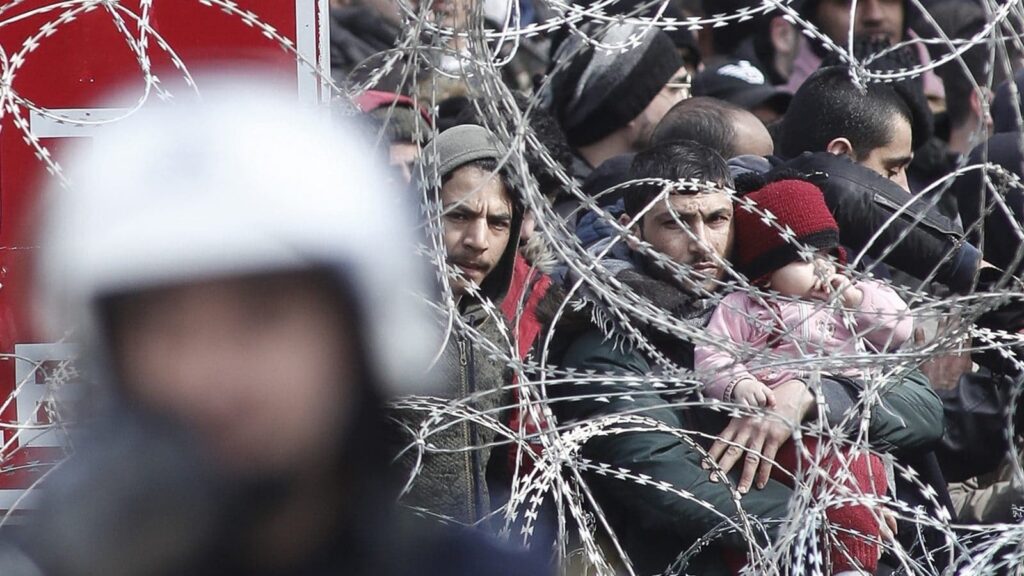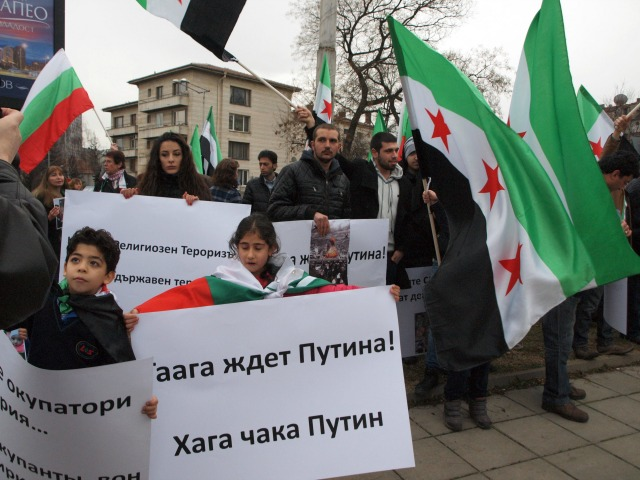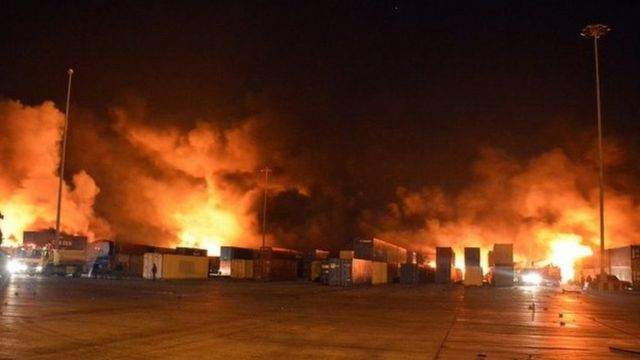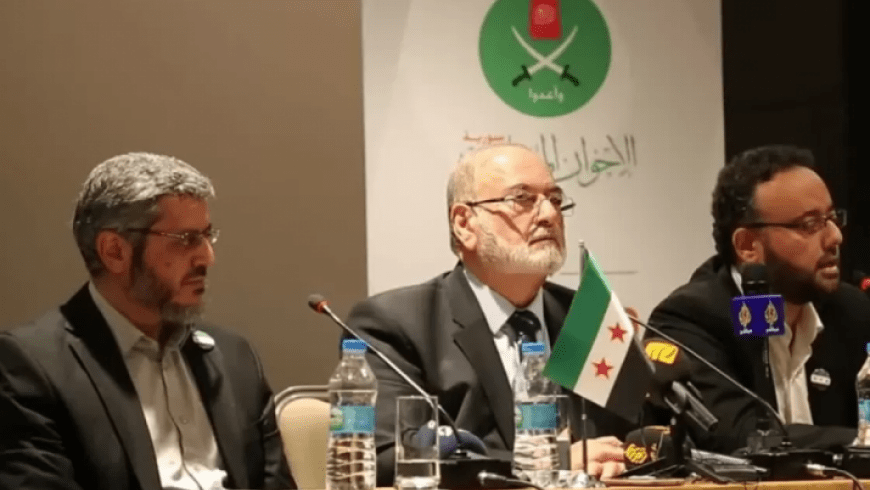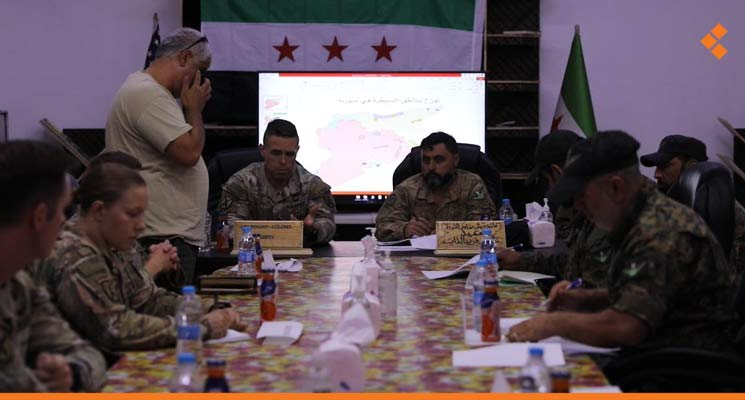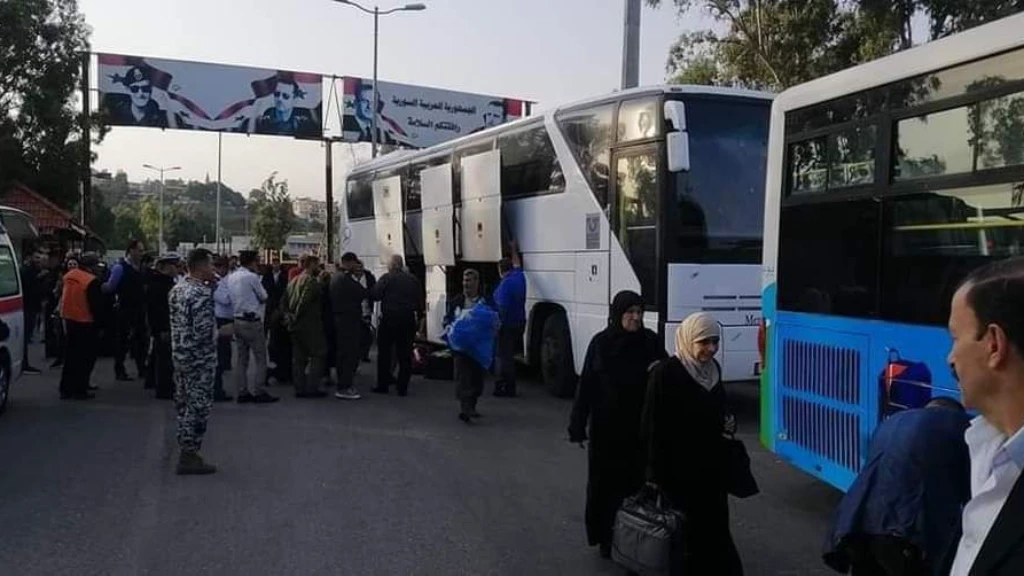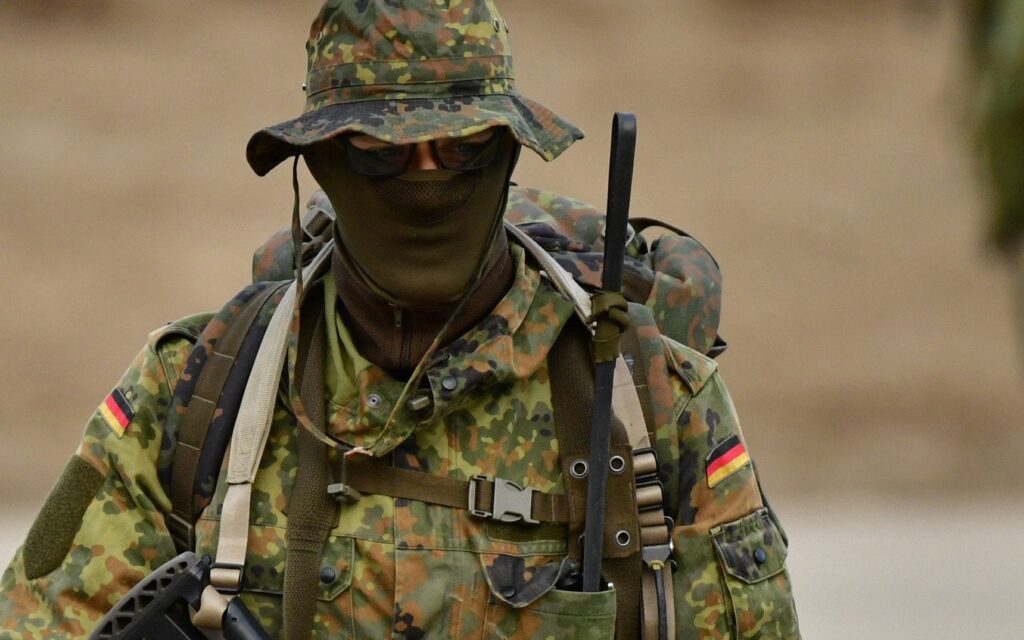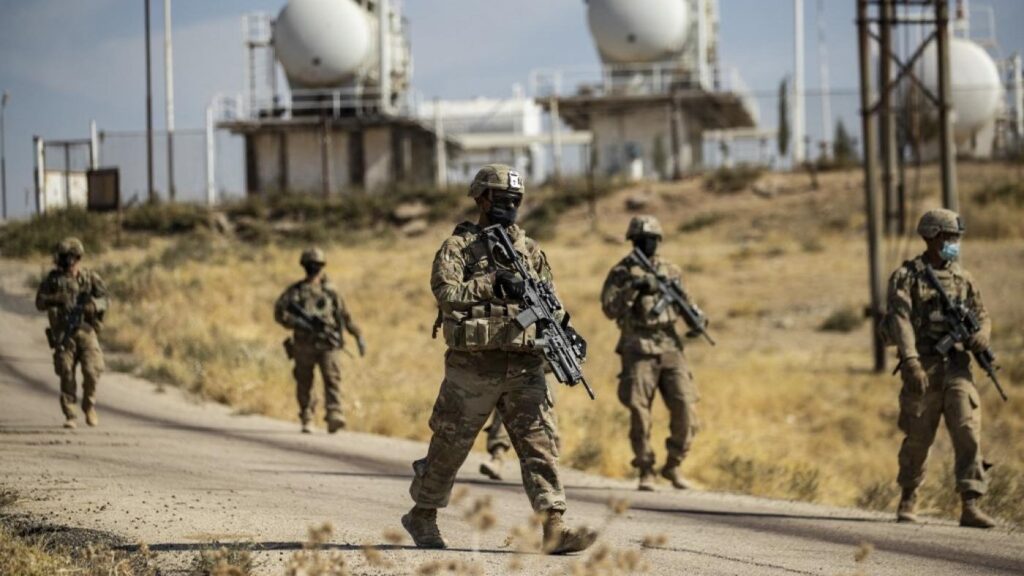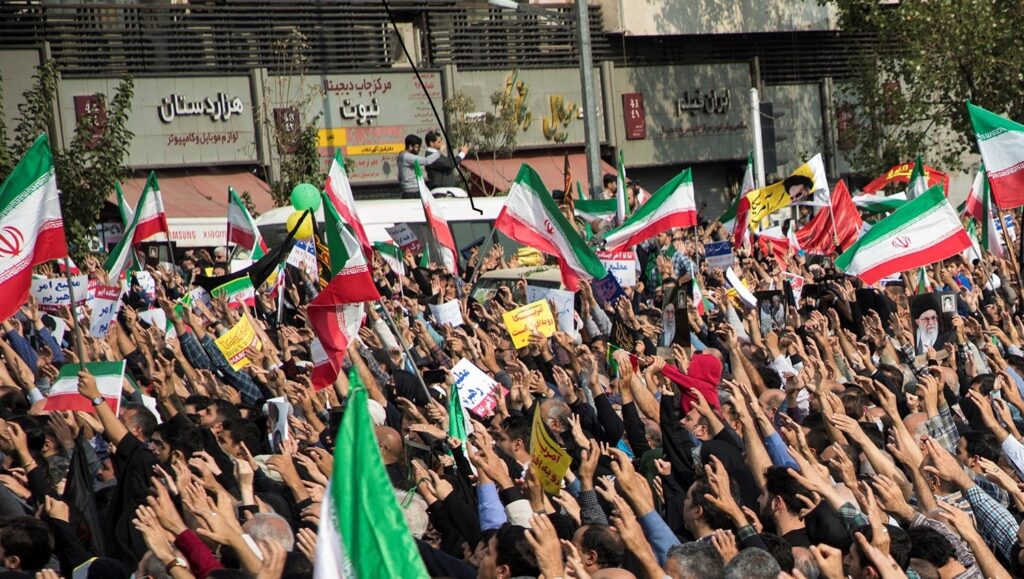Returnee Foreign Fighters from Syria and Iraq: The Kosovan* Experiece

Abstract
Drawing upon the first author’s position within the Kosovo* Security Council Secretariat and utilizing internal government reports and statistics, this article provides an overview of the Kosovan experience dealing with returnee ‘foreign fighters’ from Syria and Iraq. So far, at least five returnees have been involved in planning domestic attacks, thus reaffirming academic analyses and recent reports suggesting that it is a minority of returnees who present an immediate terrorist threat. Nevertheless, a small number of returnees remain highly radicalized and are both willing and determined to attack at home. The Kosovan approach to managing this risk is discussed, to include challenges and lessons learned.

